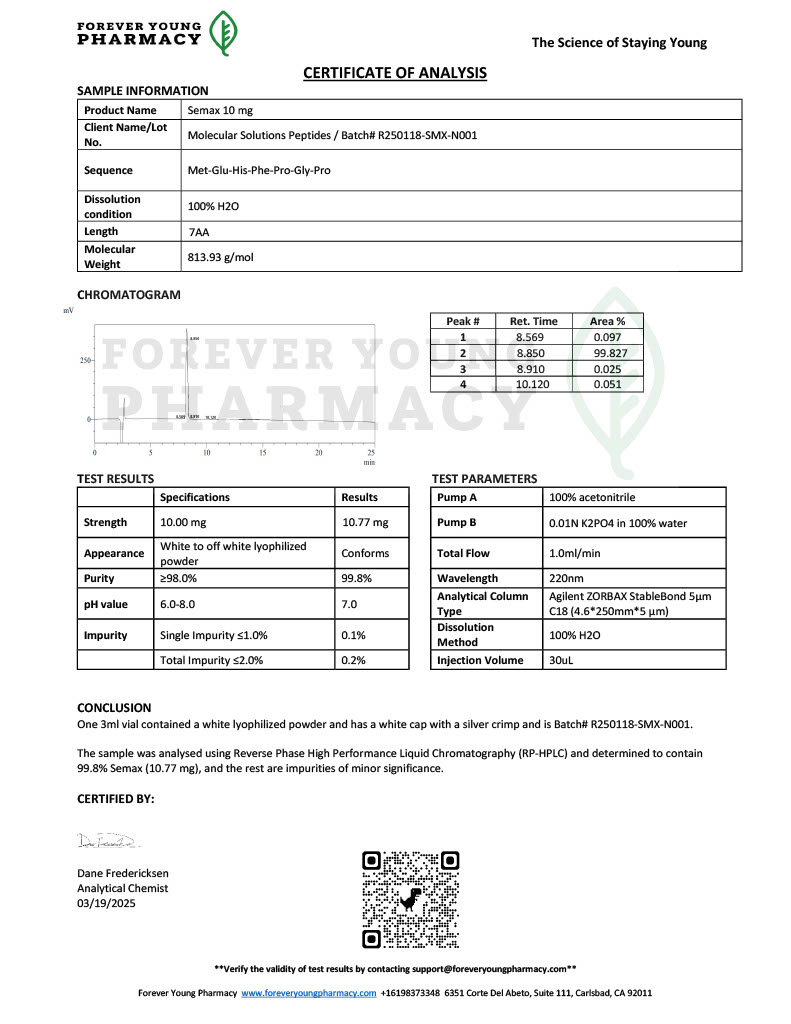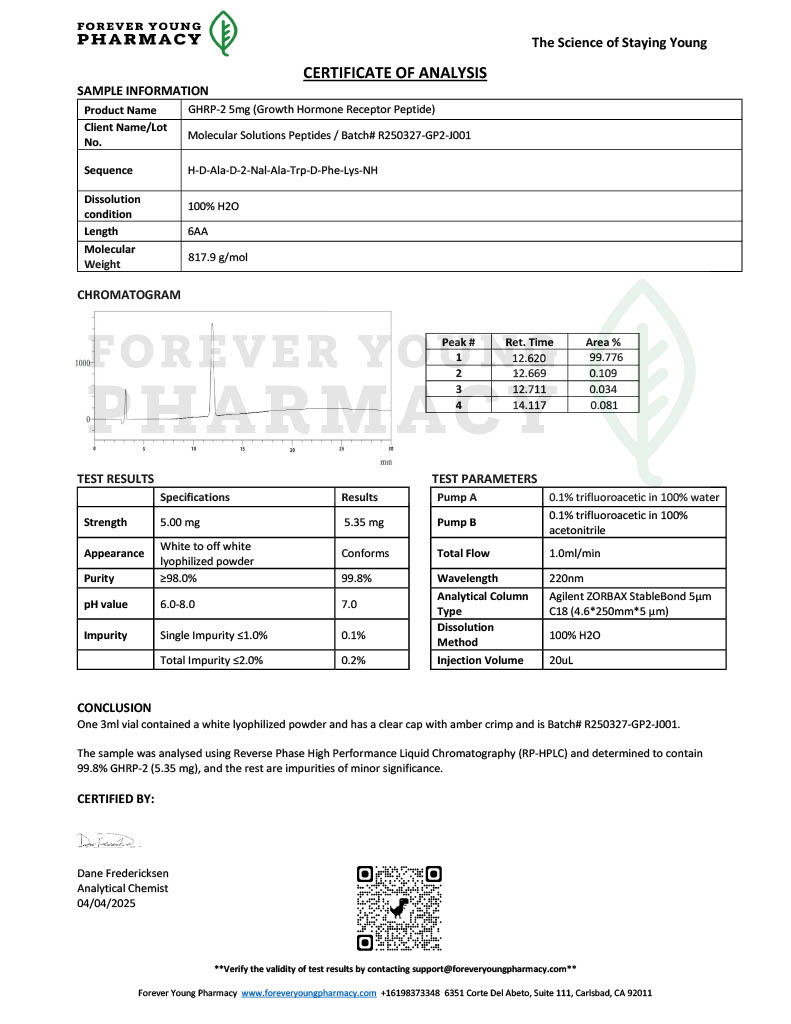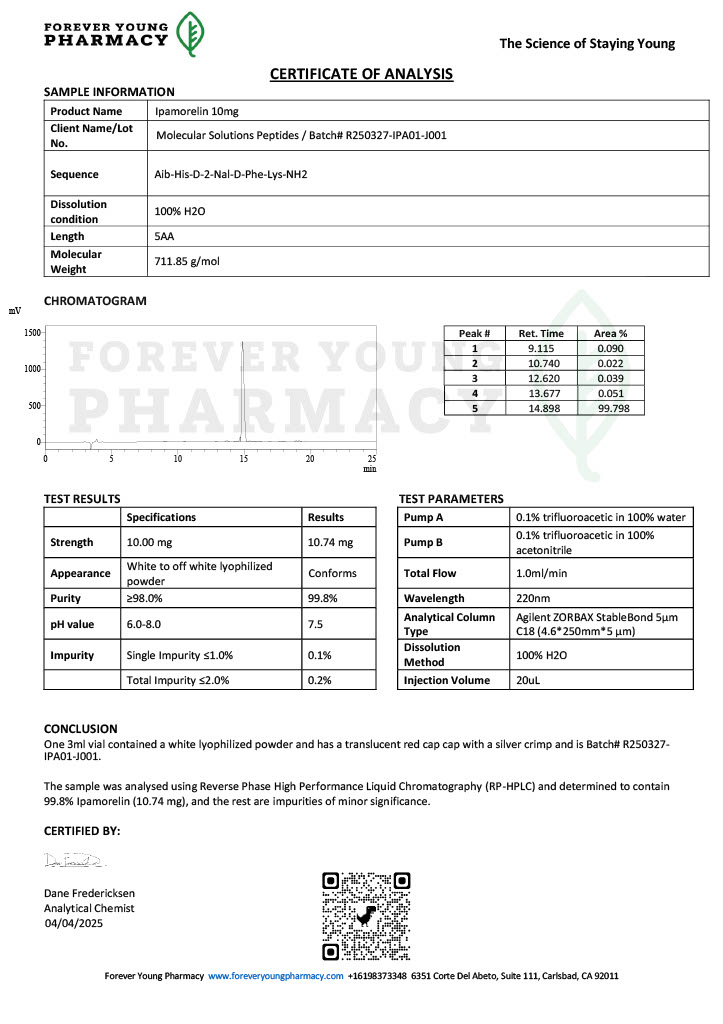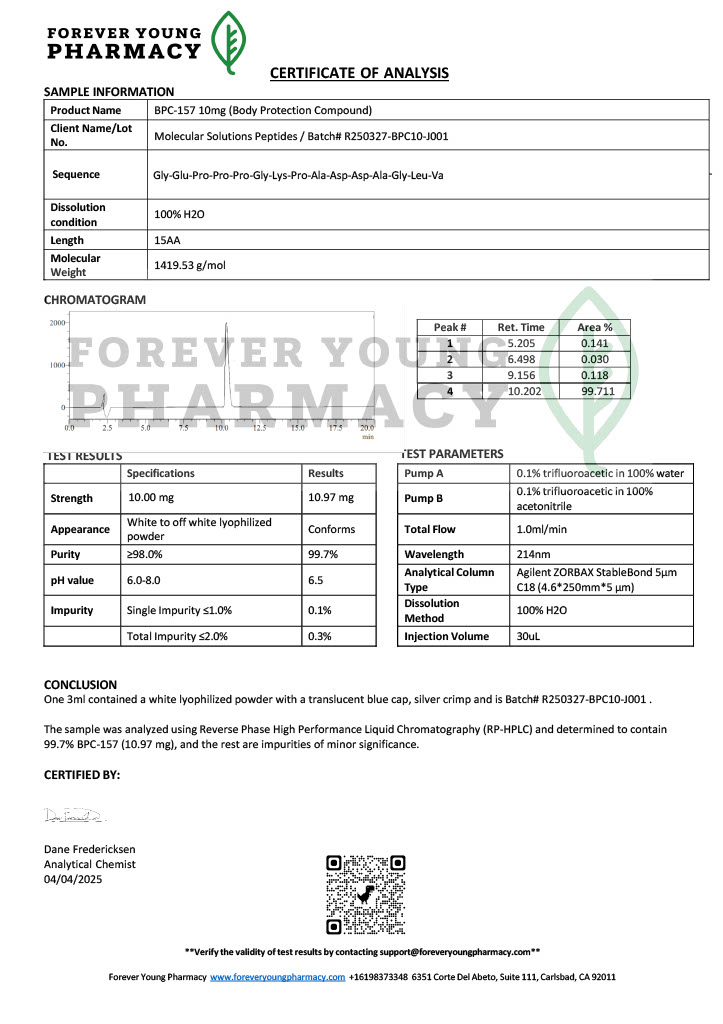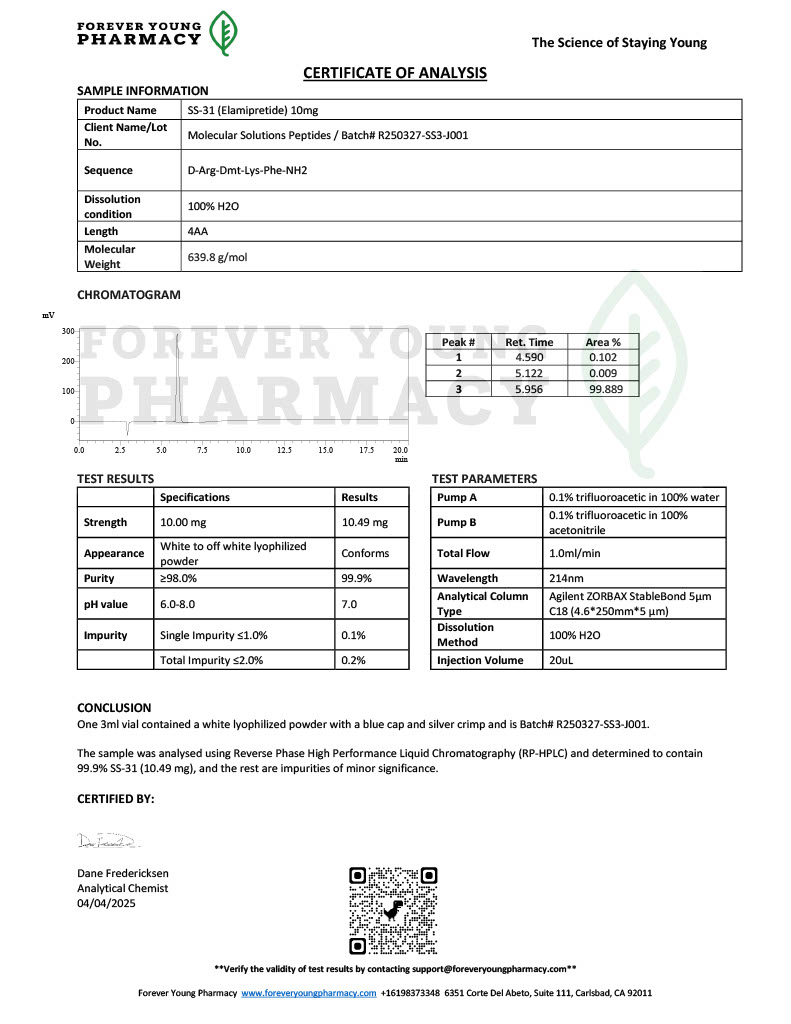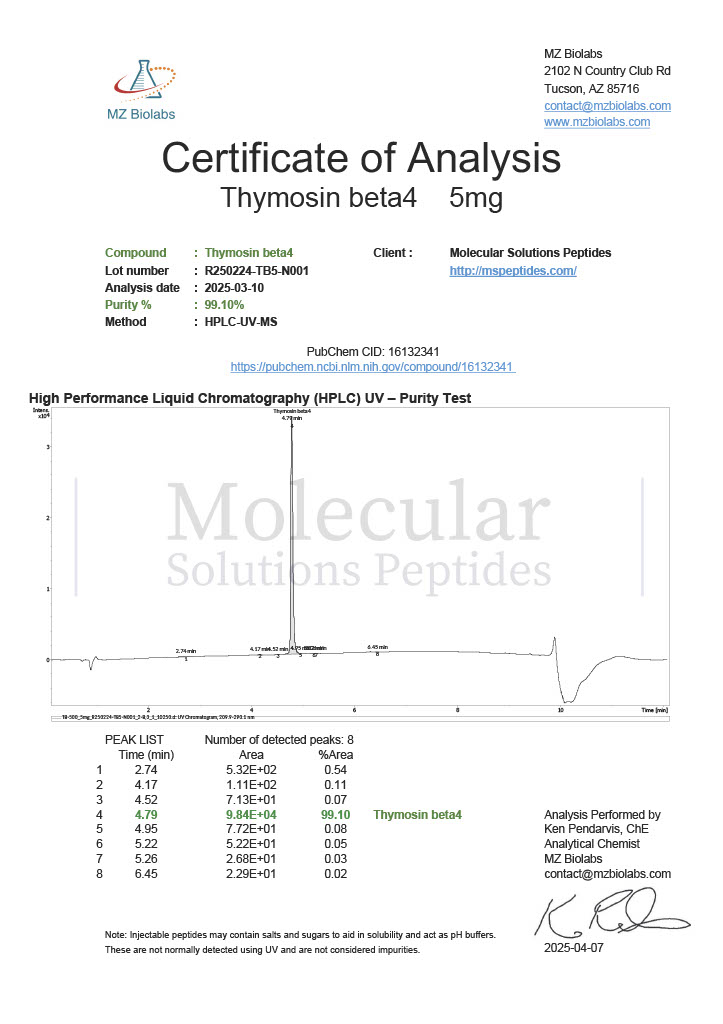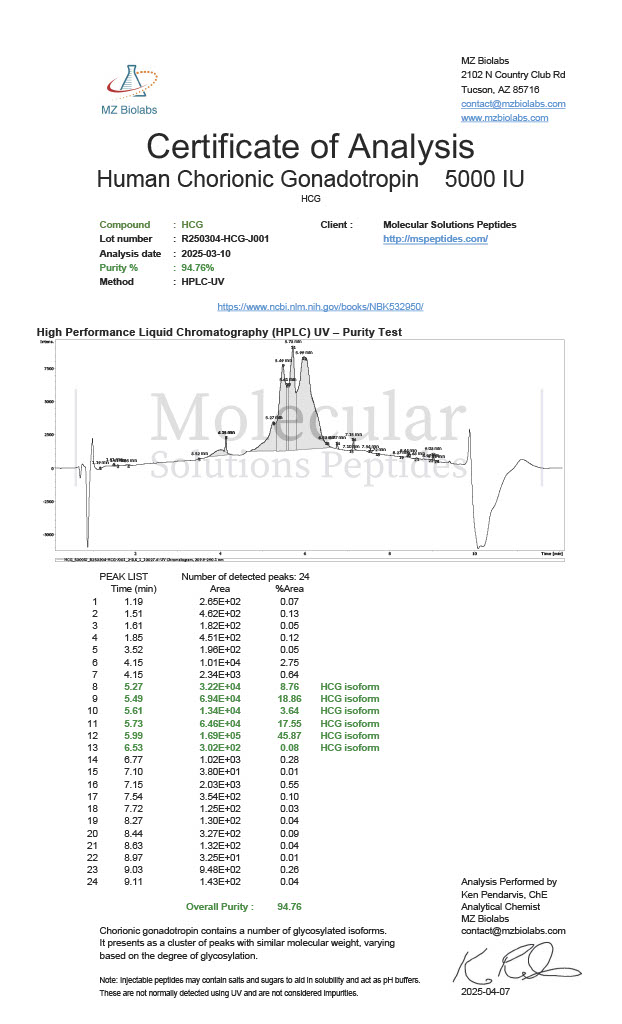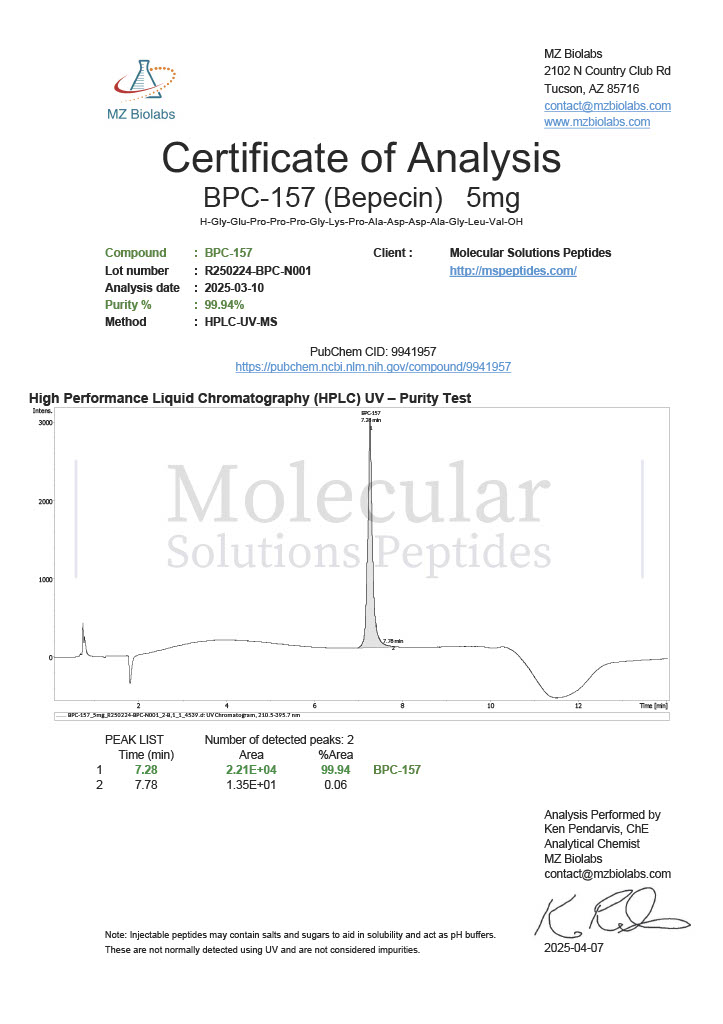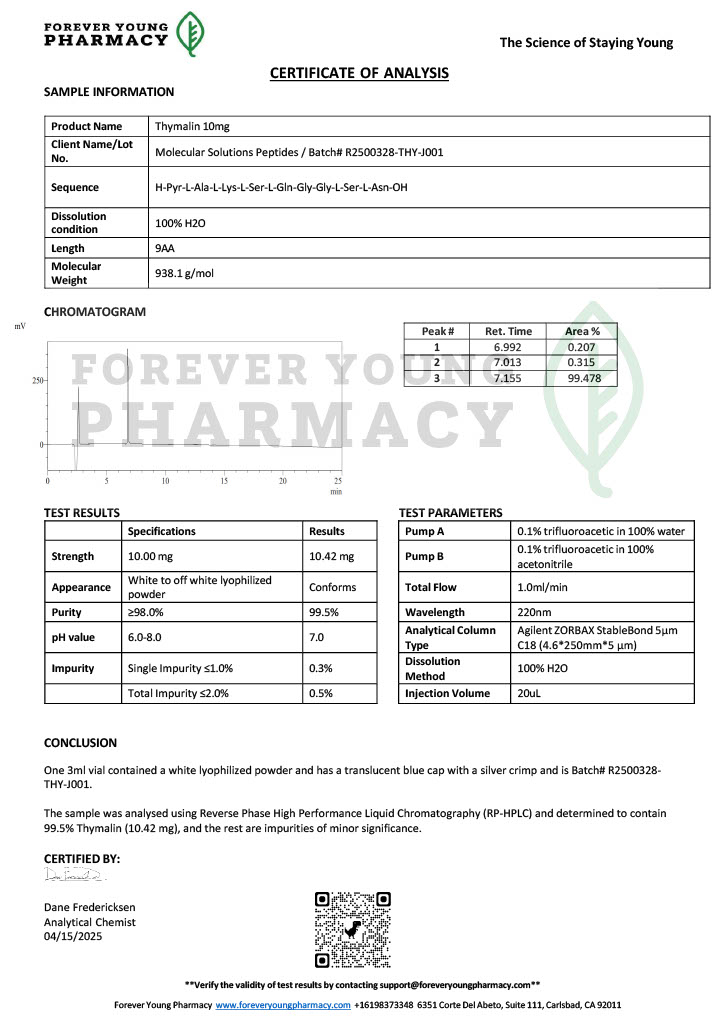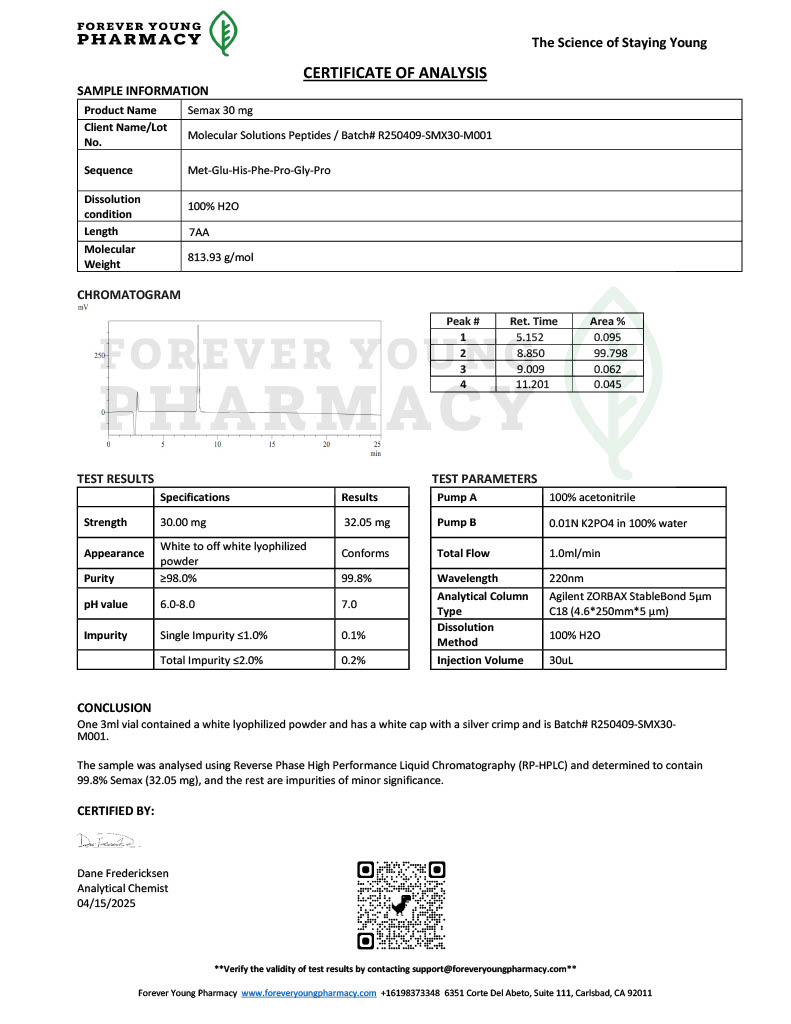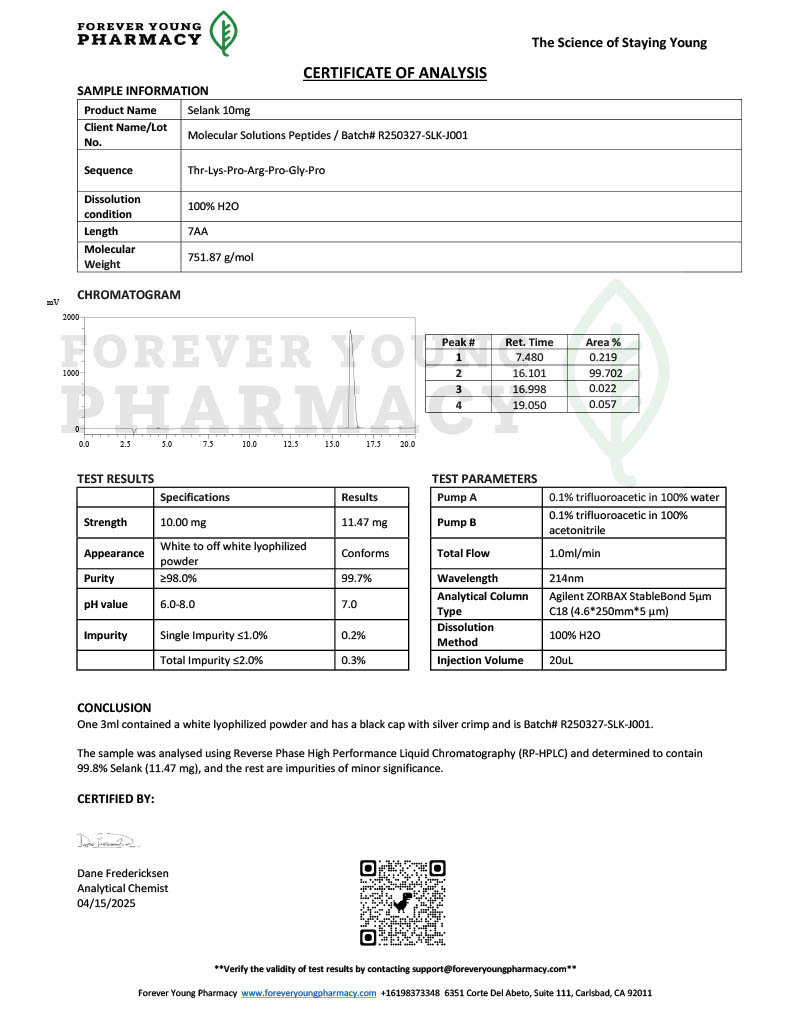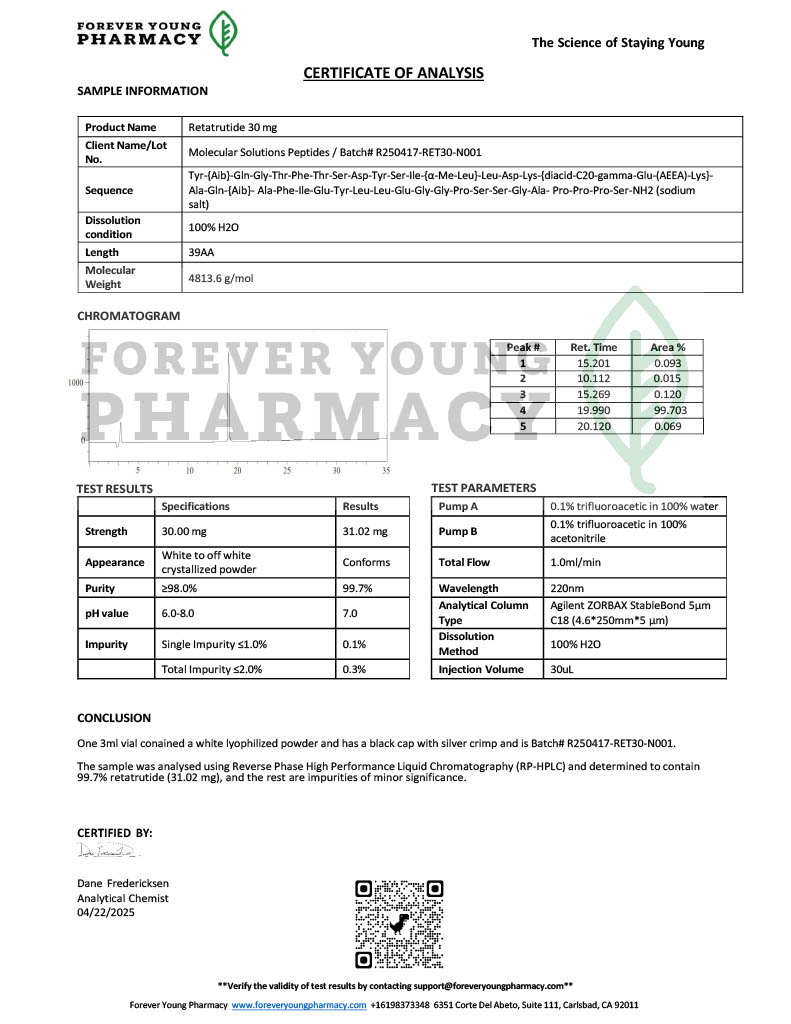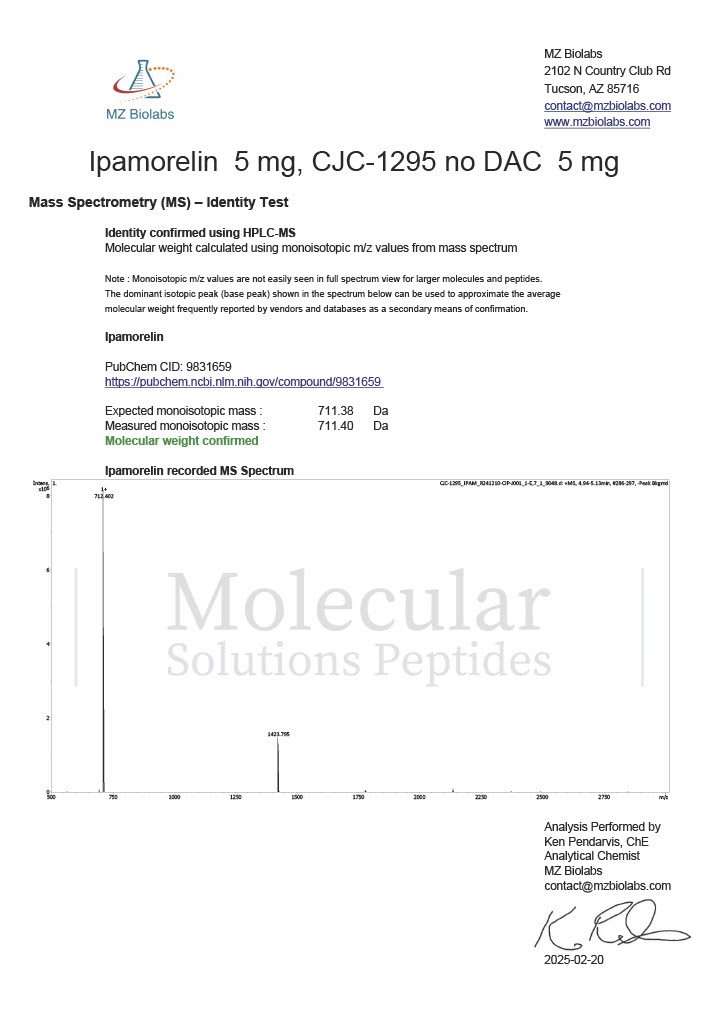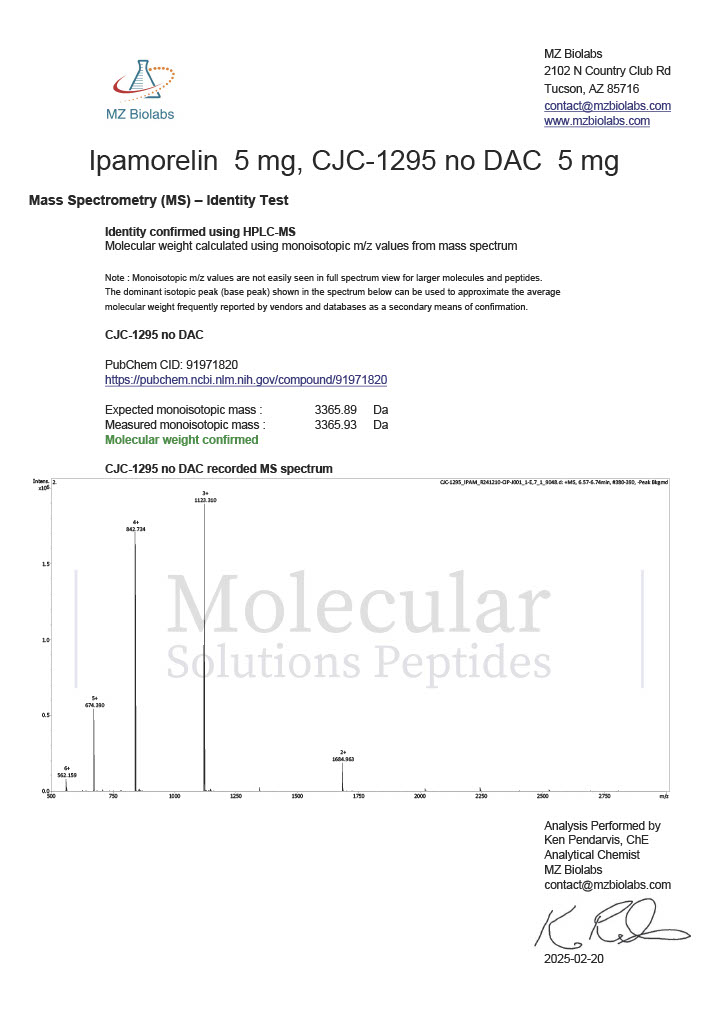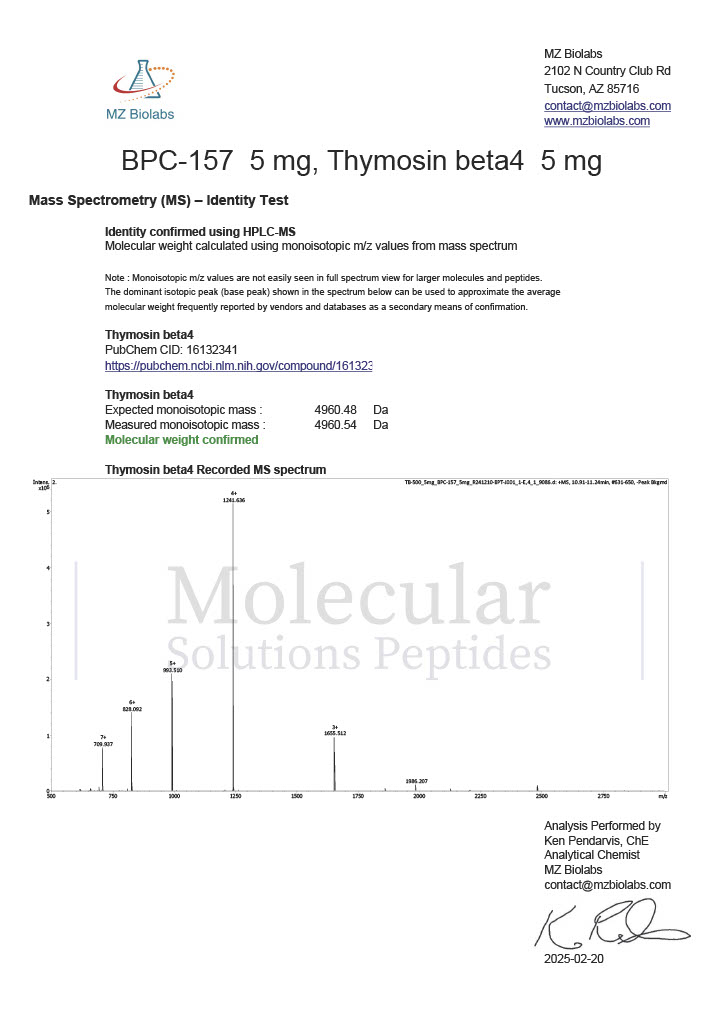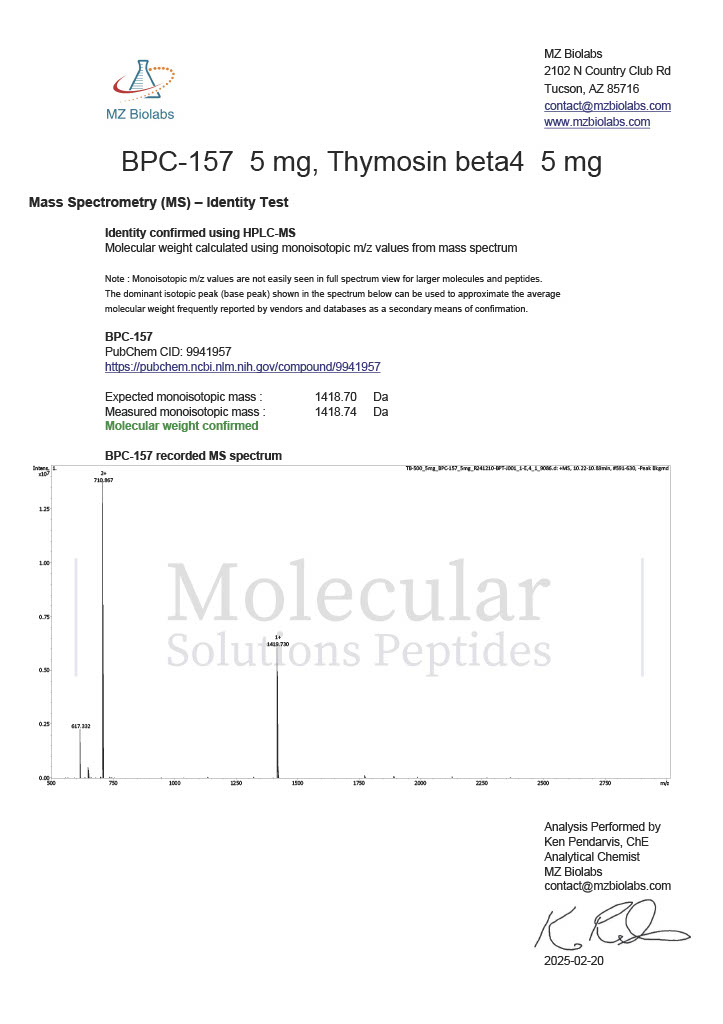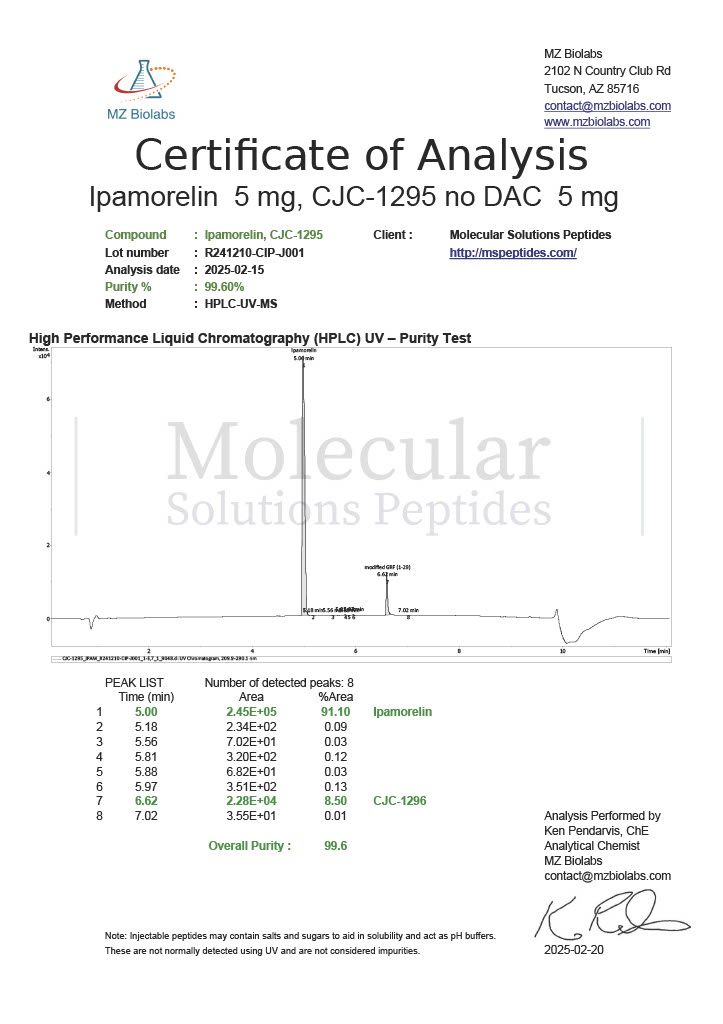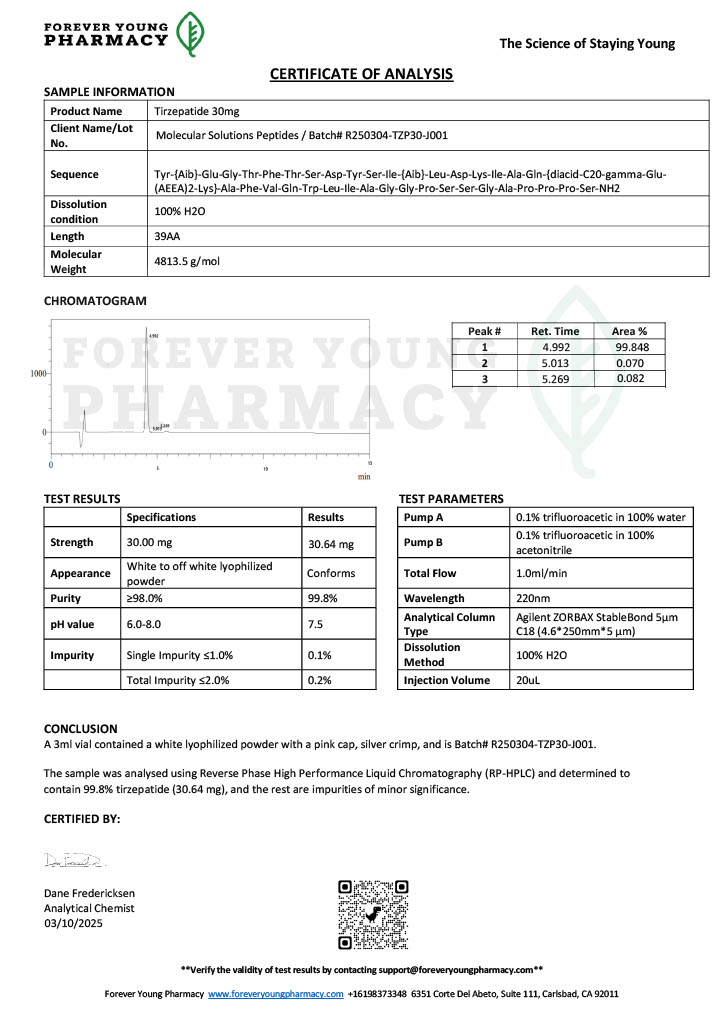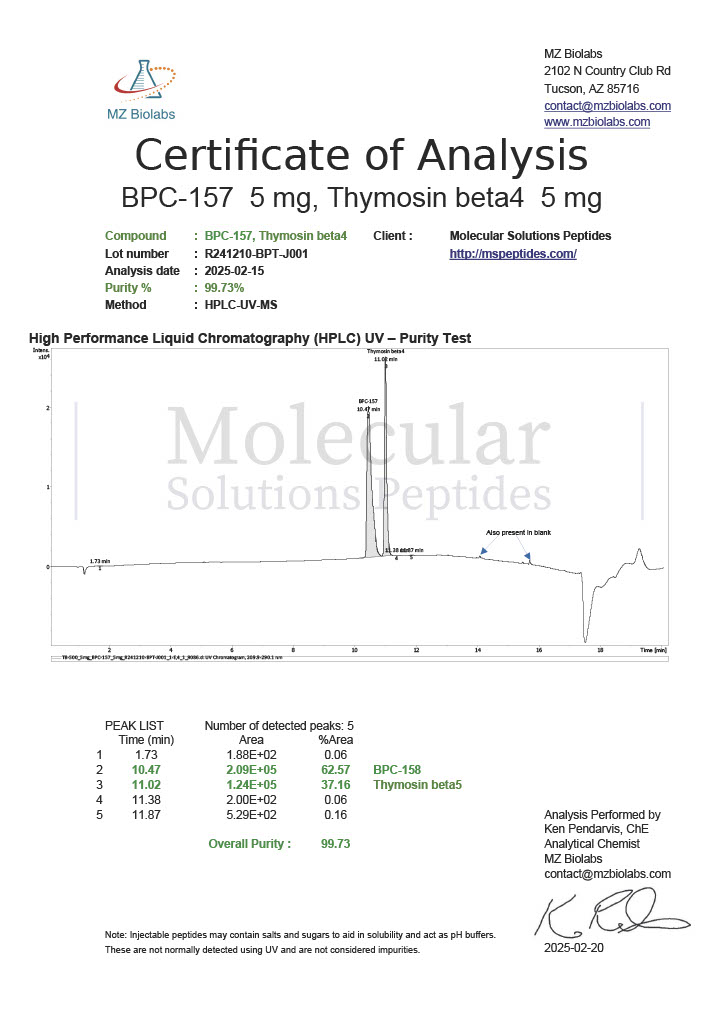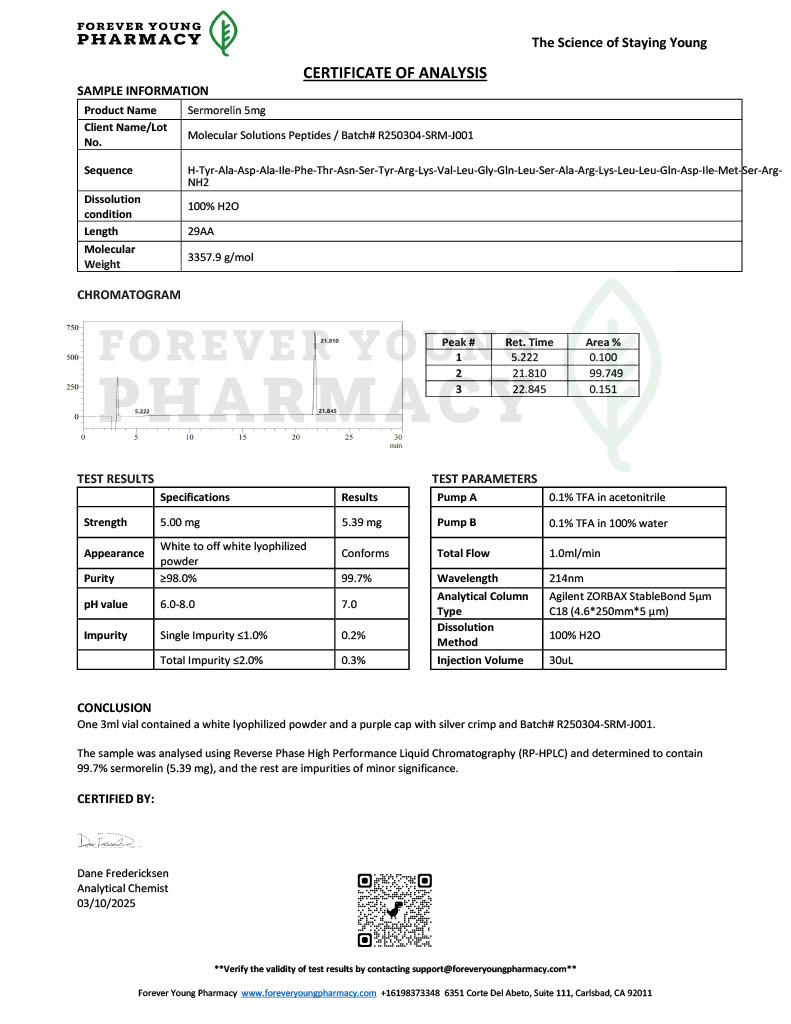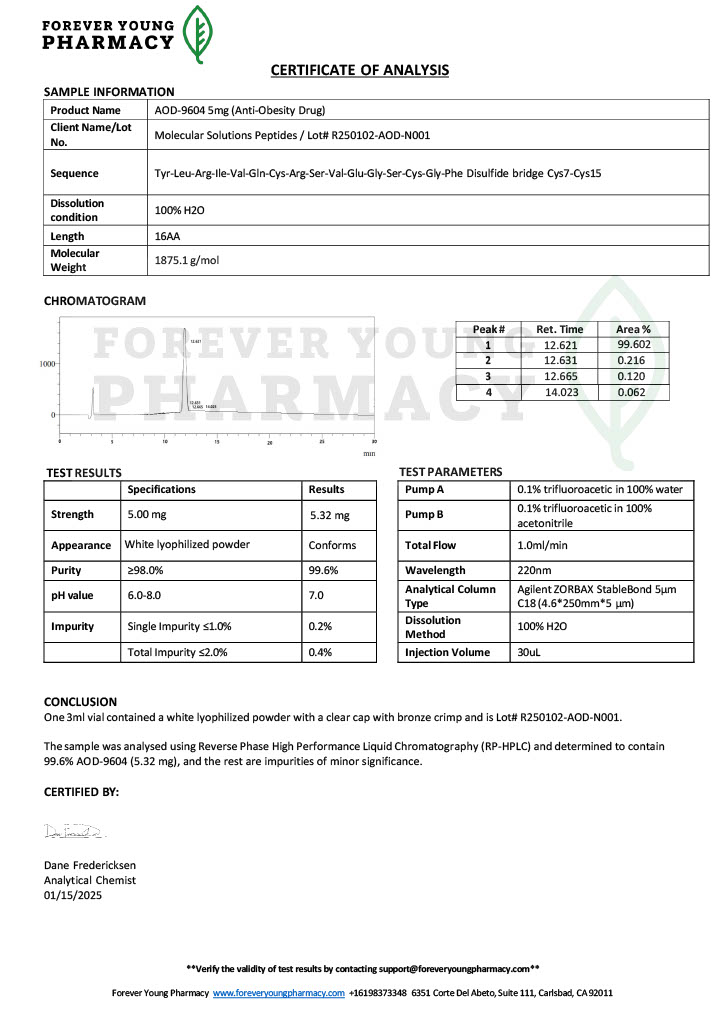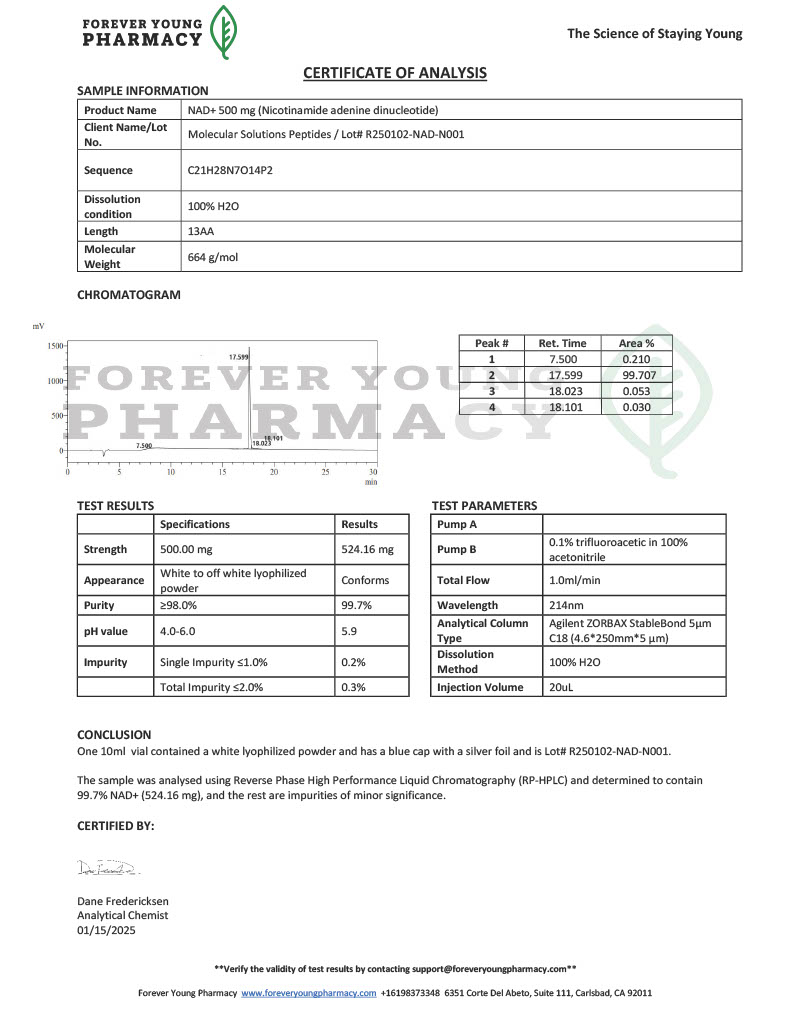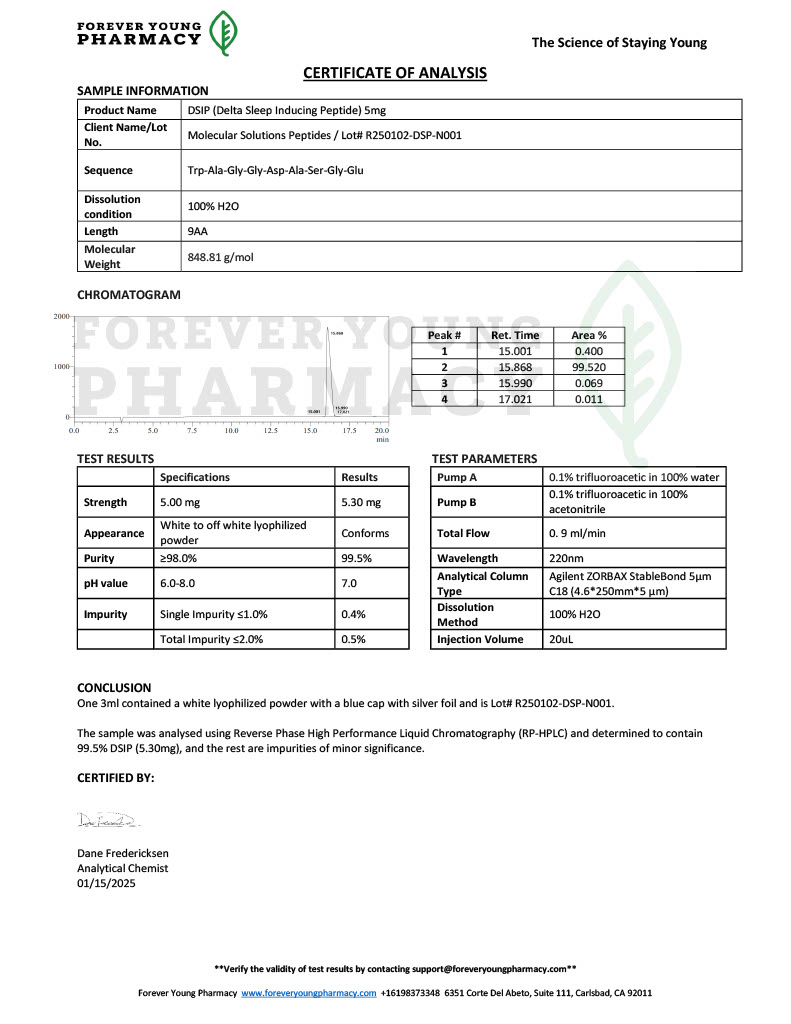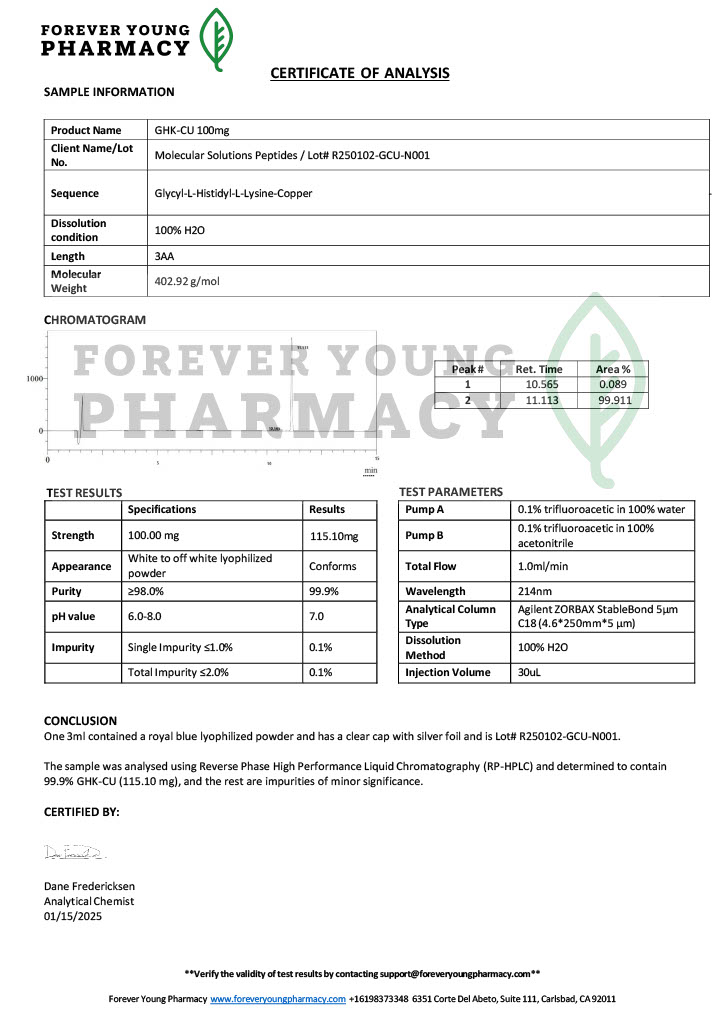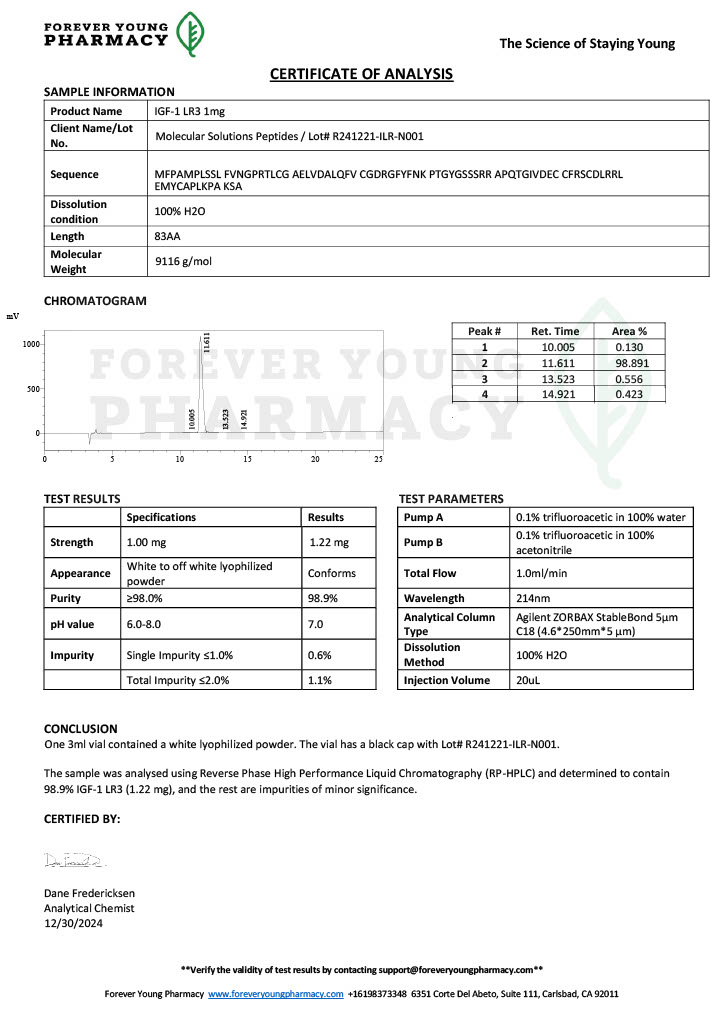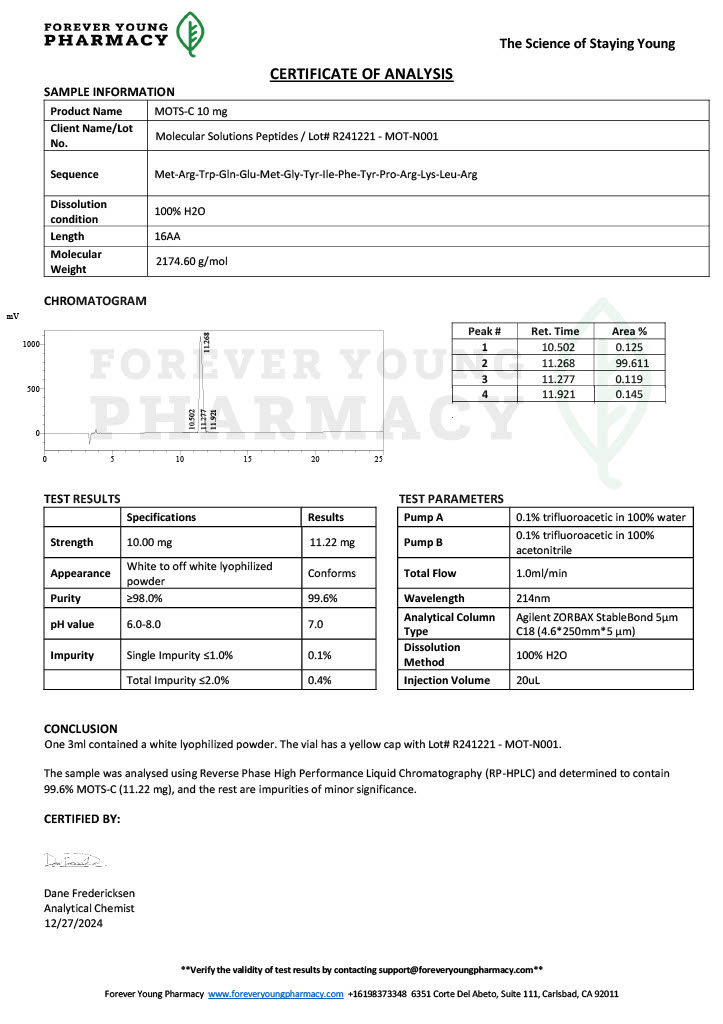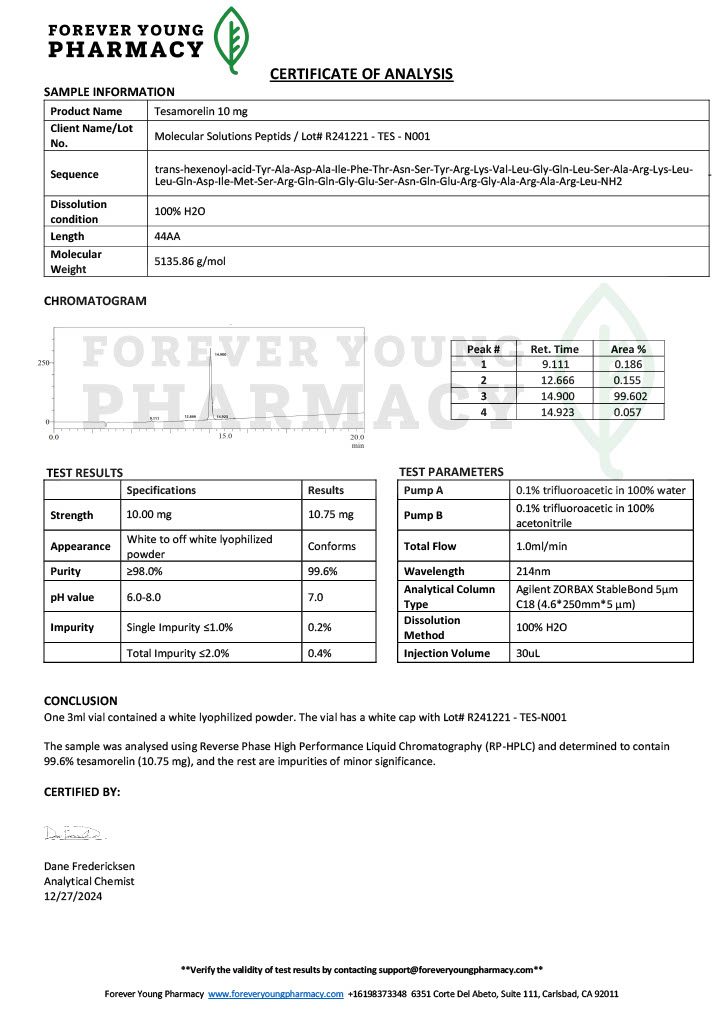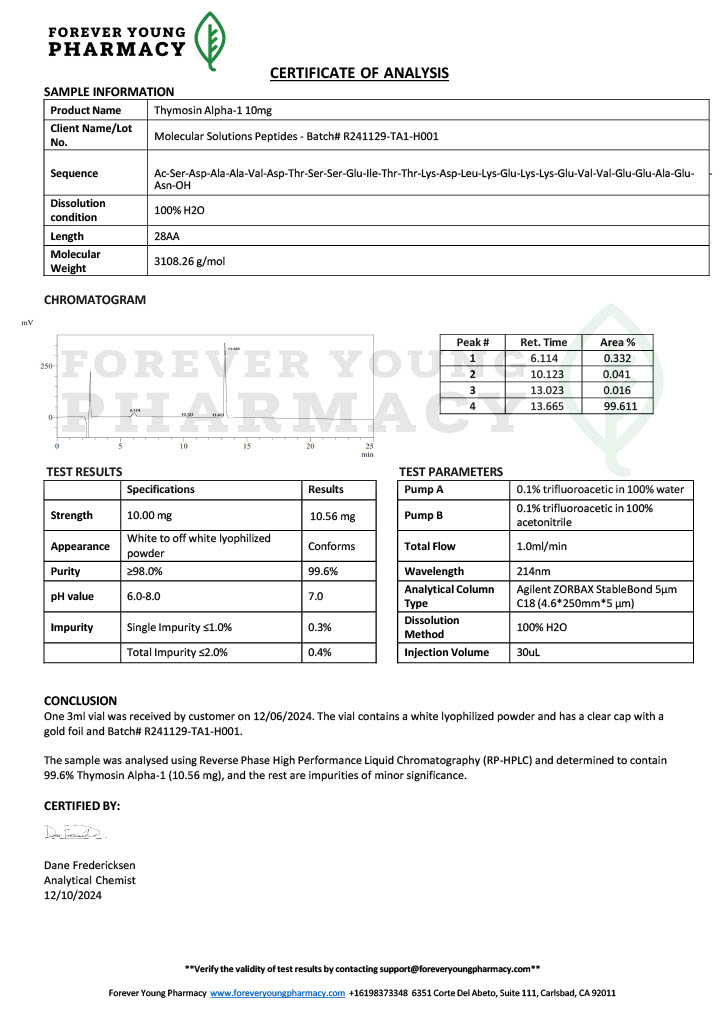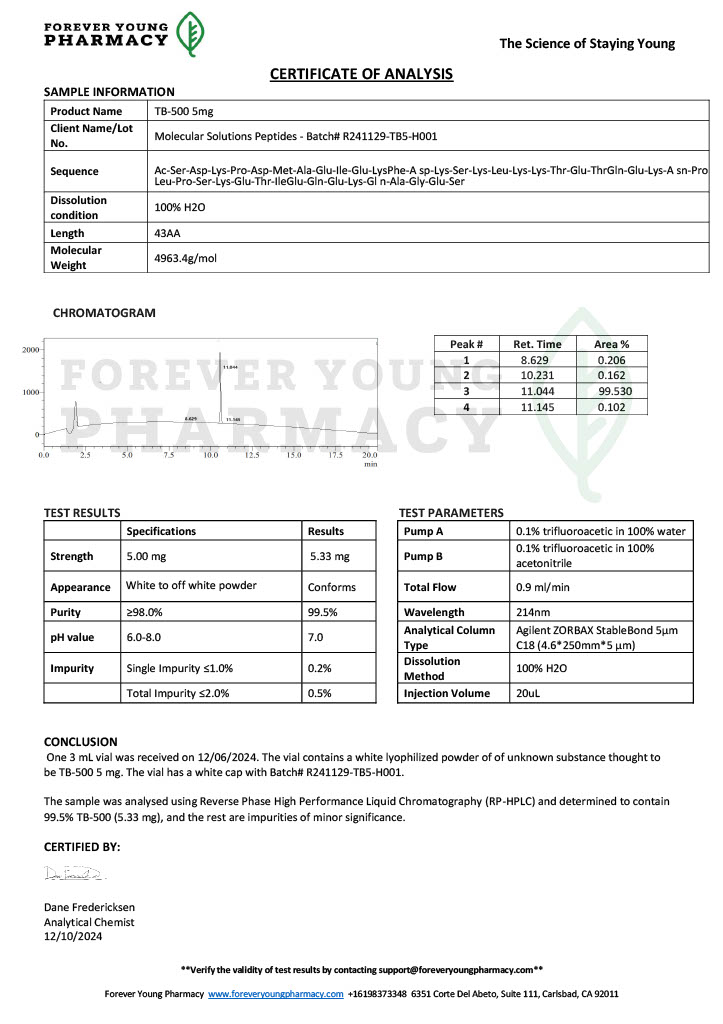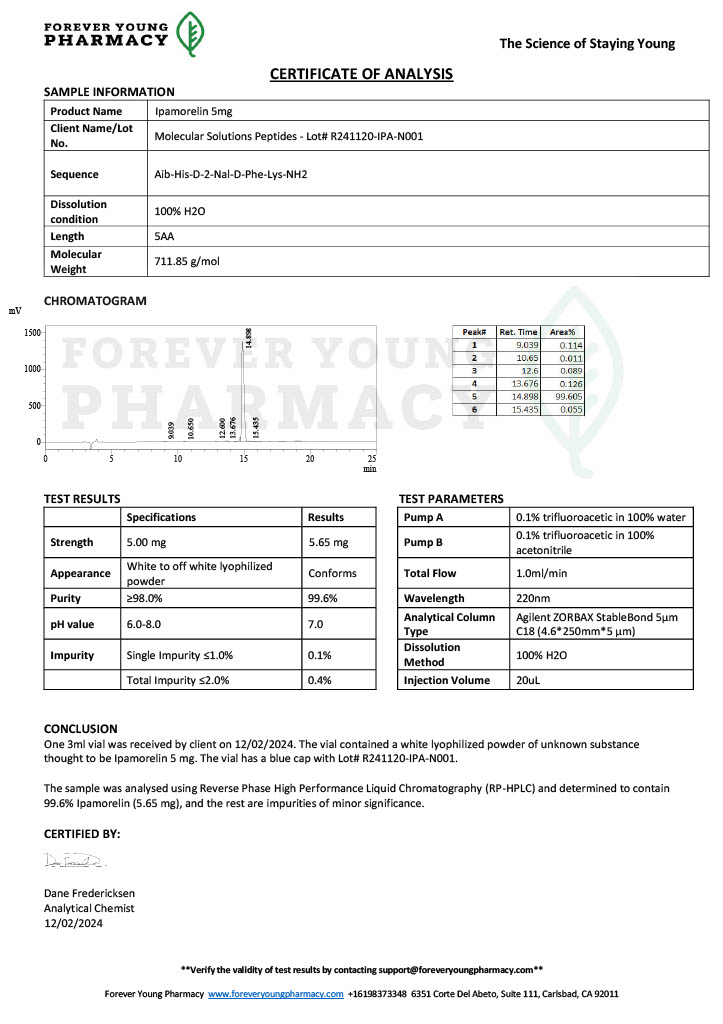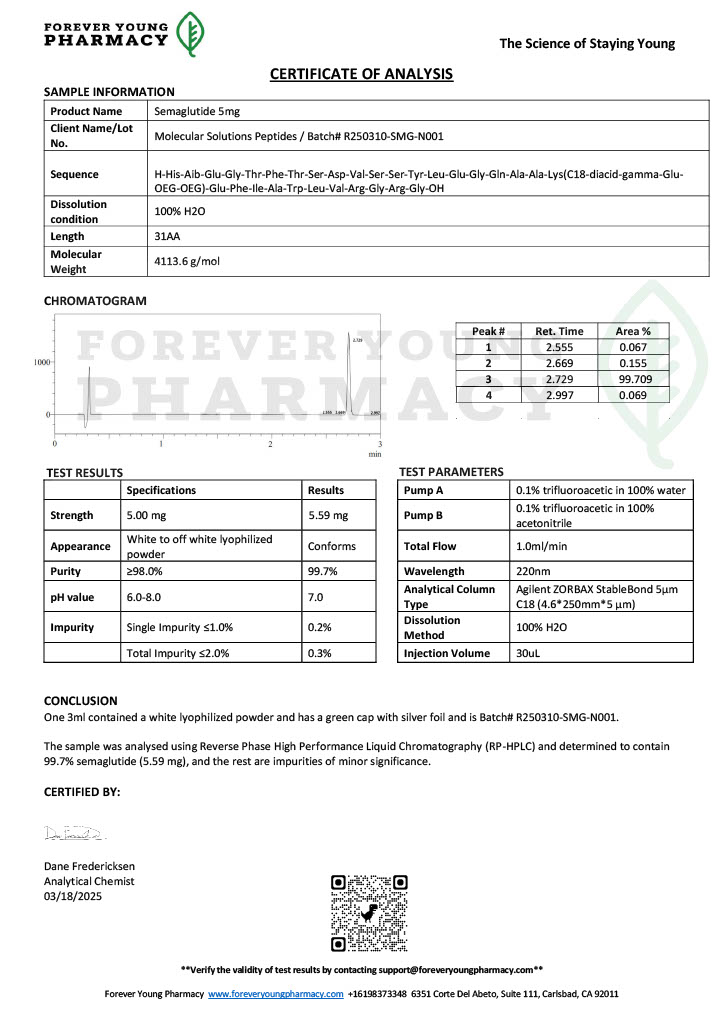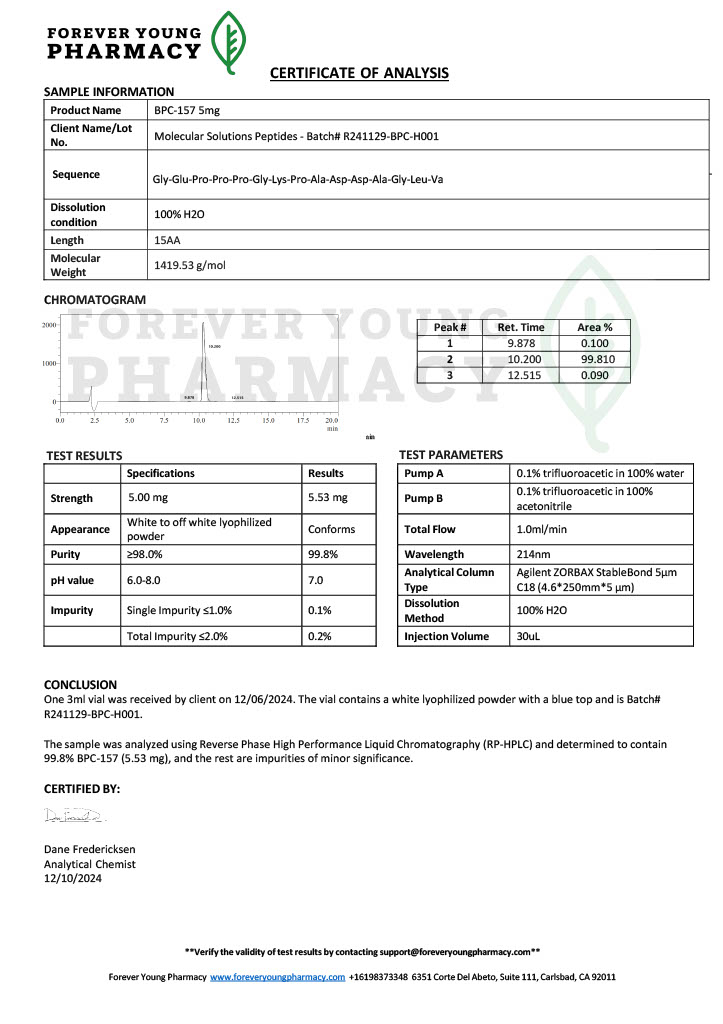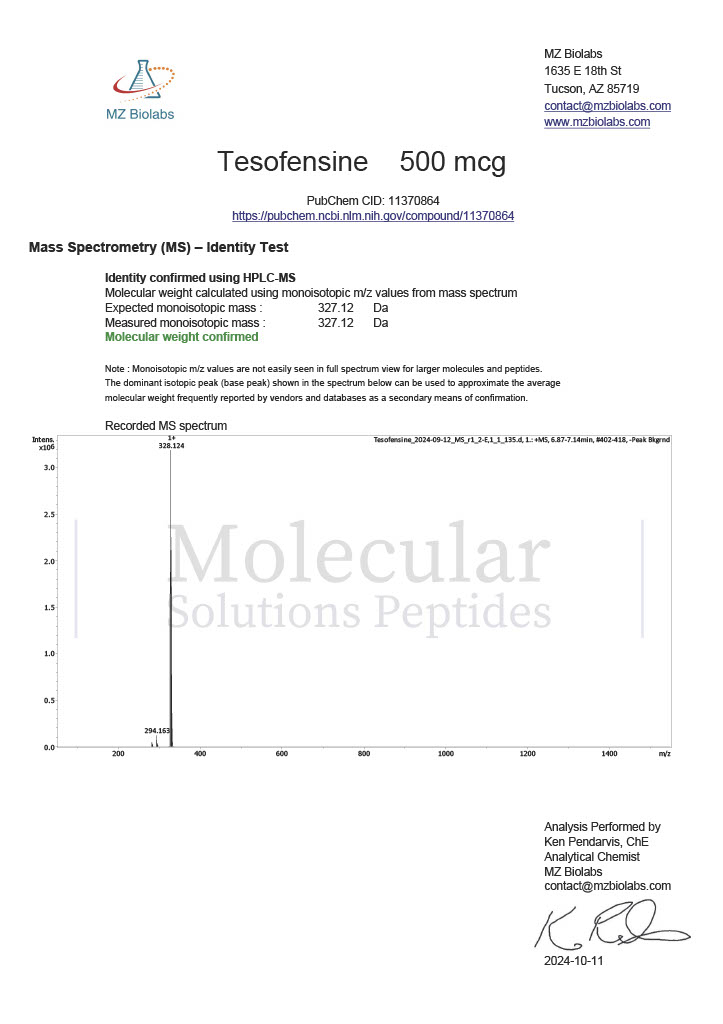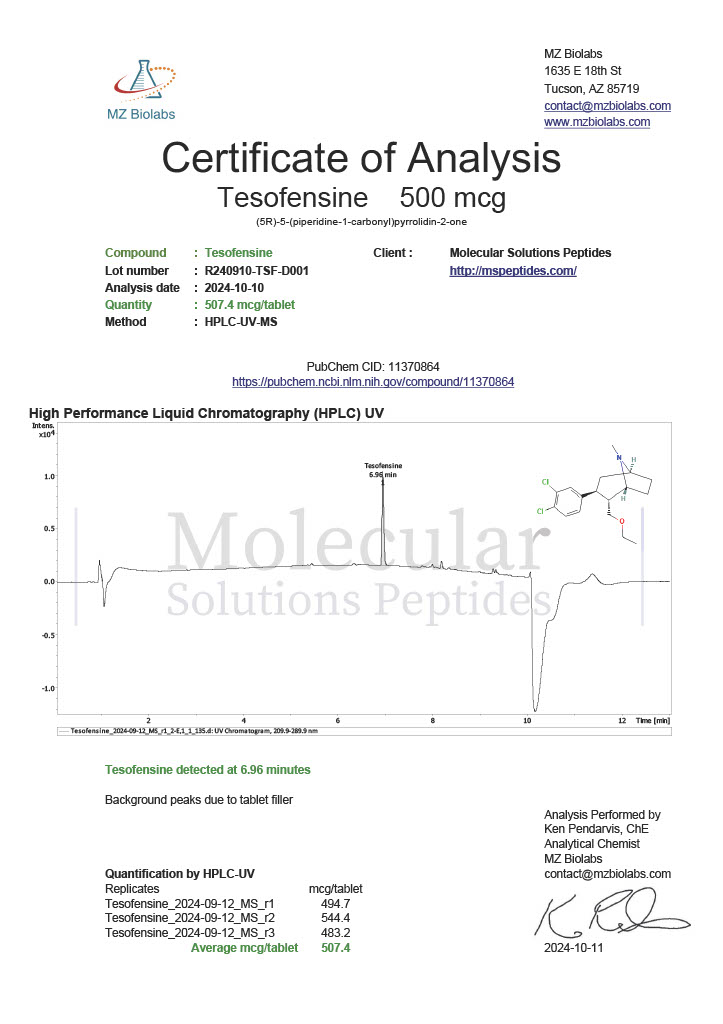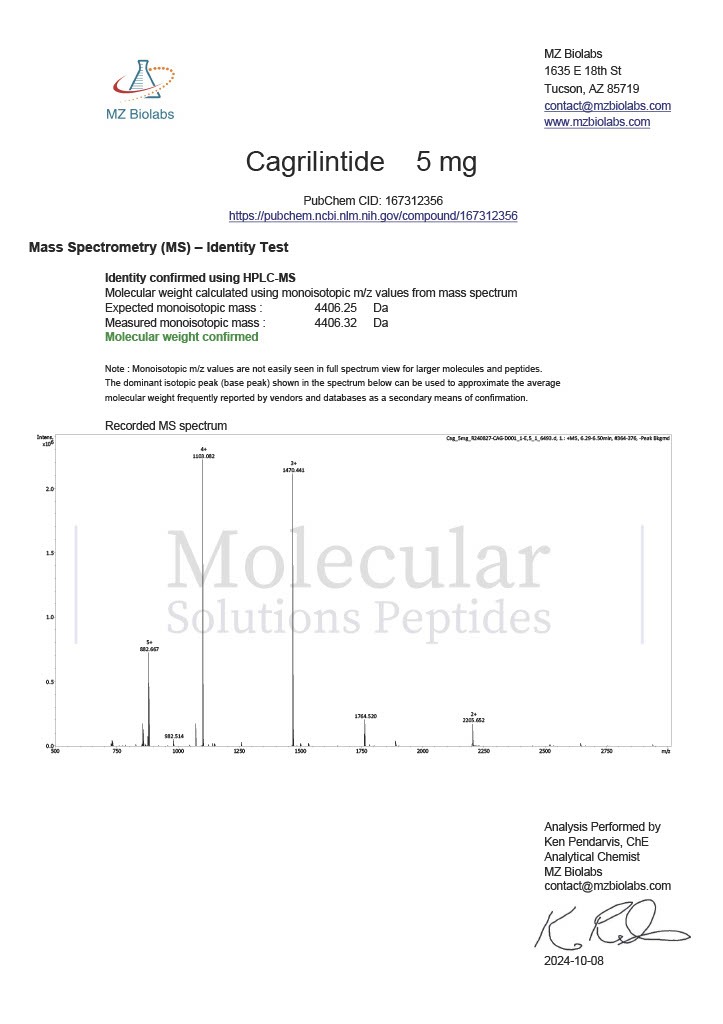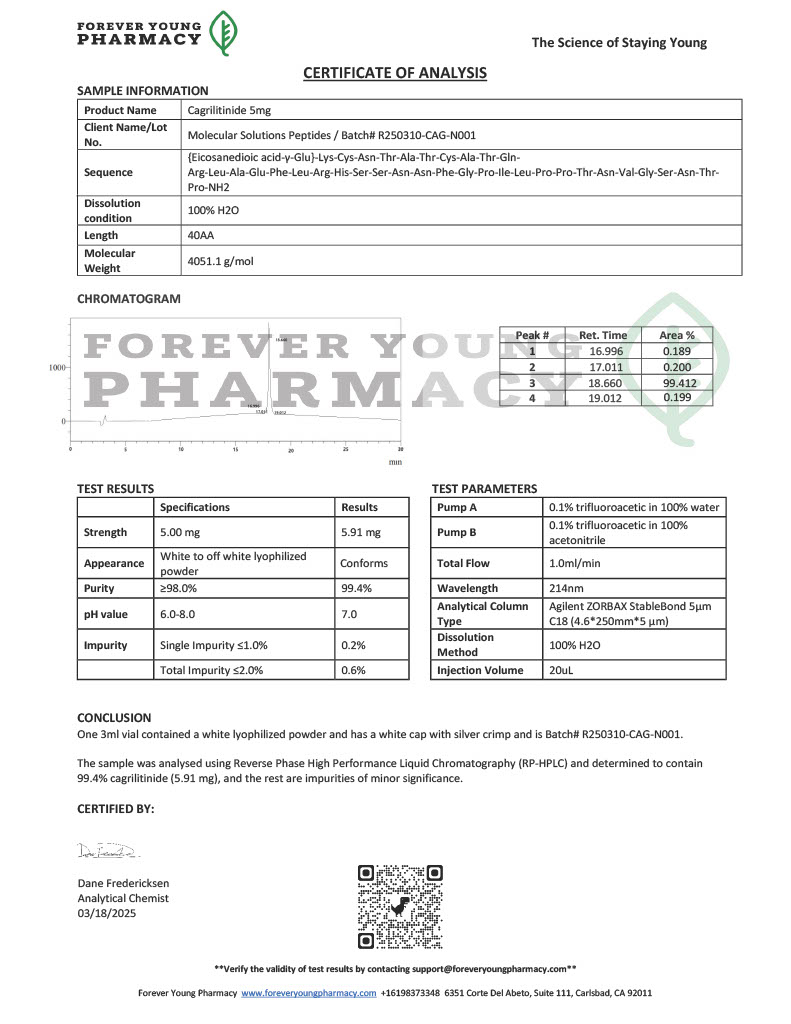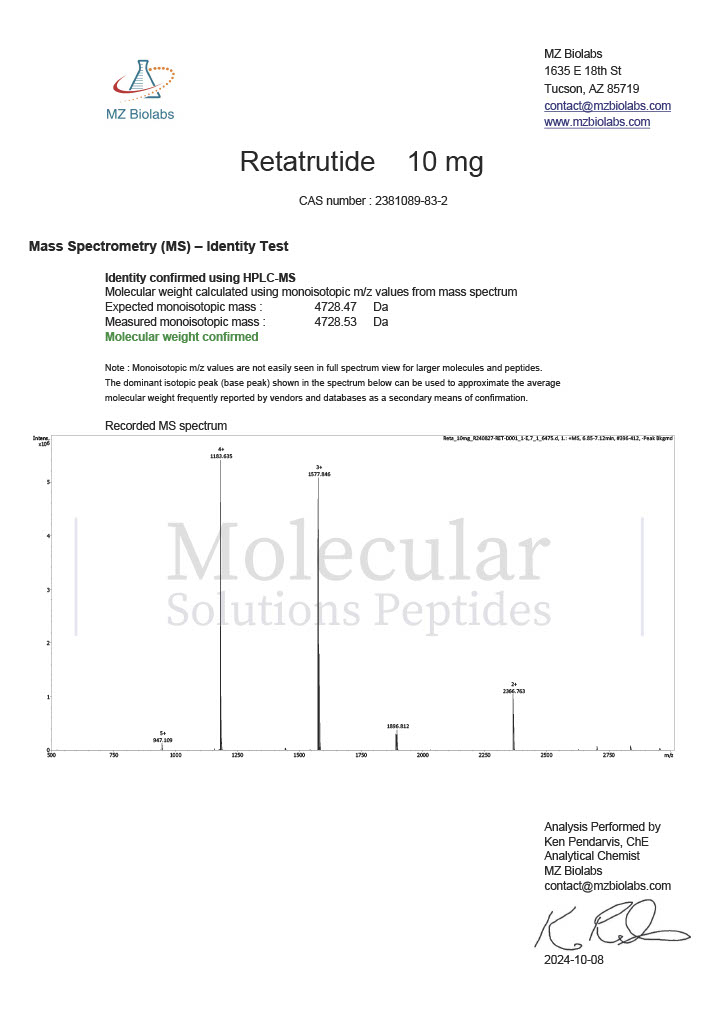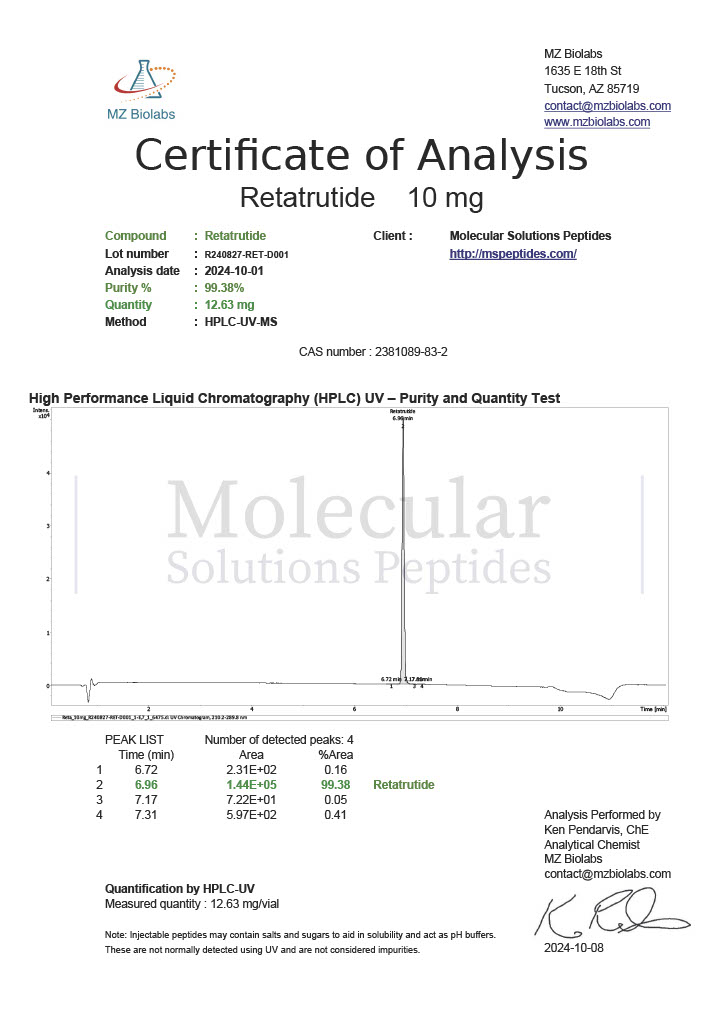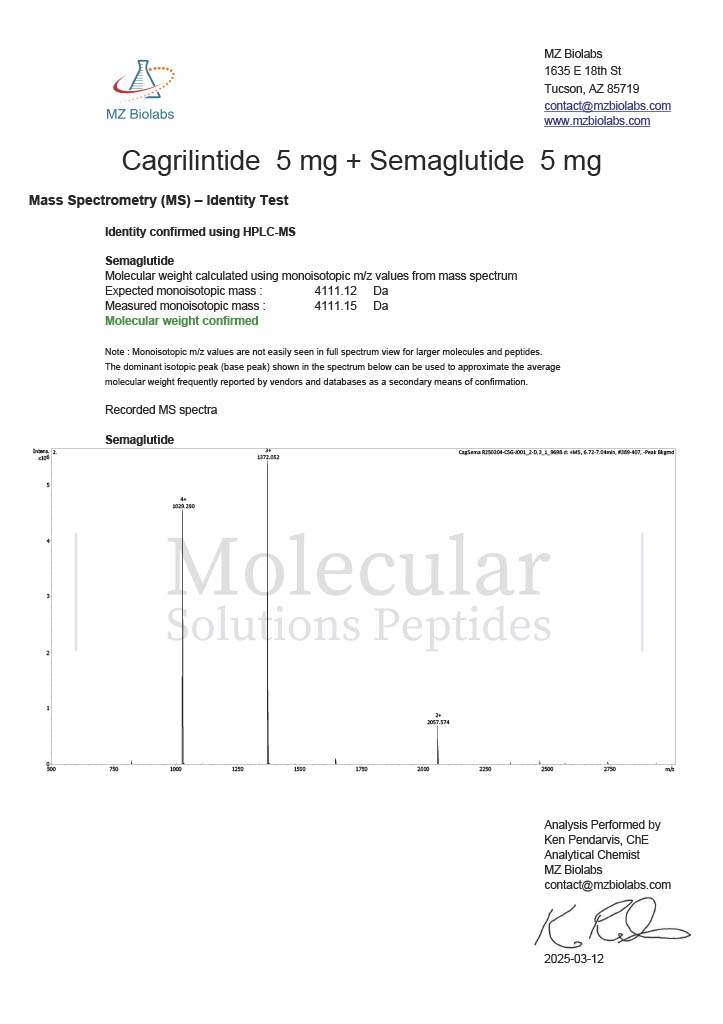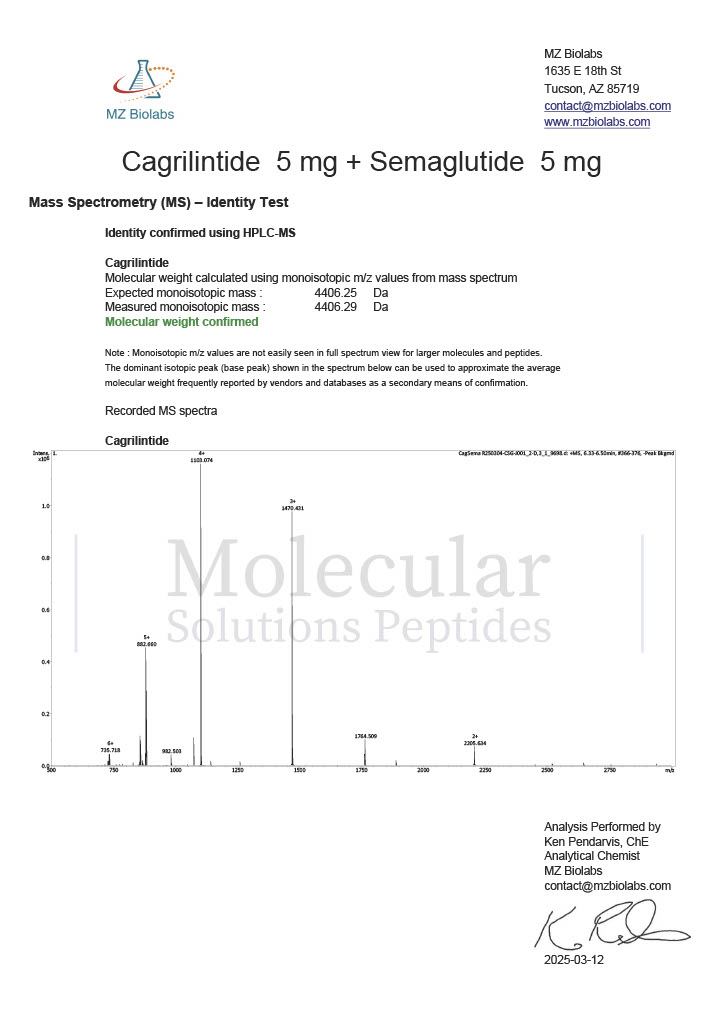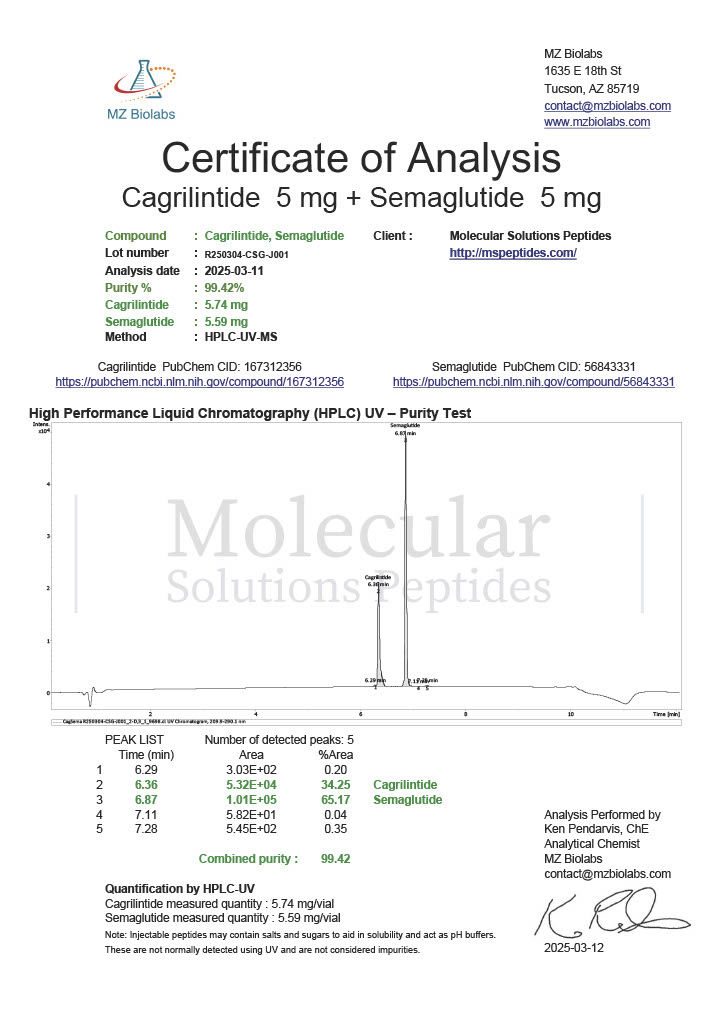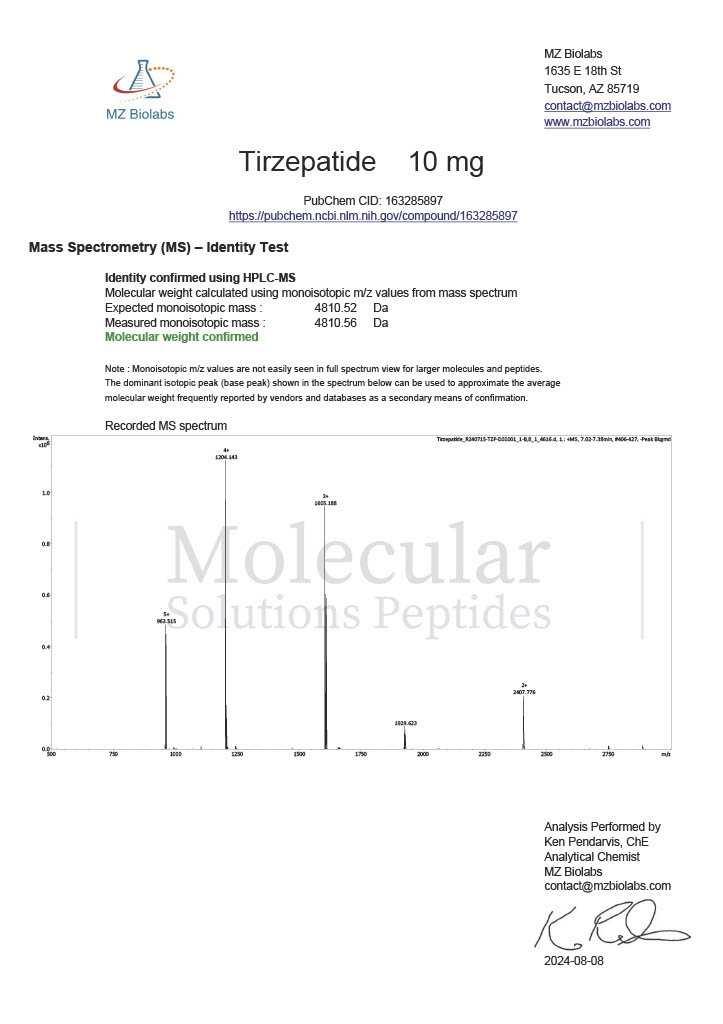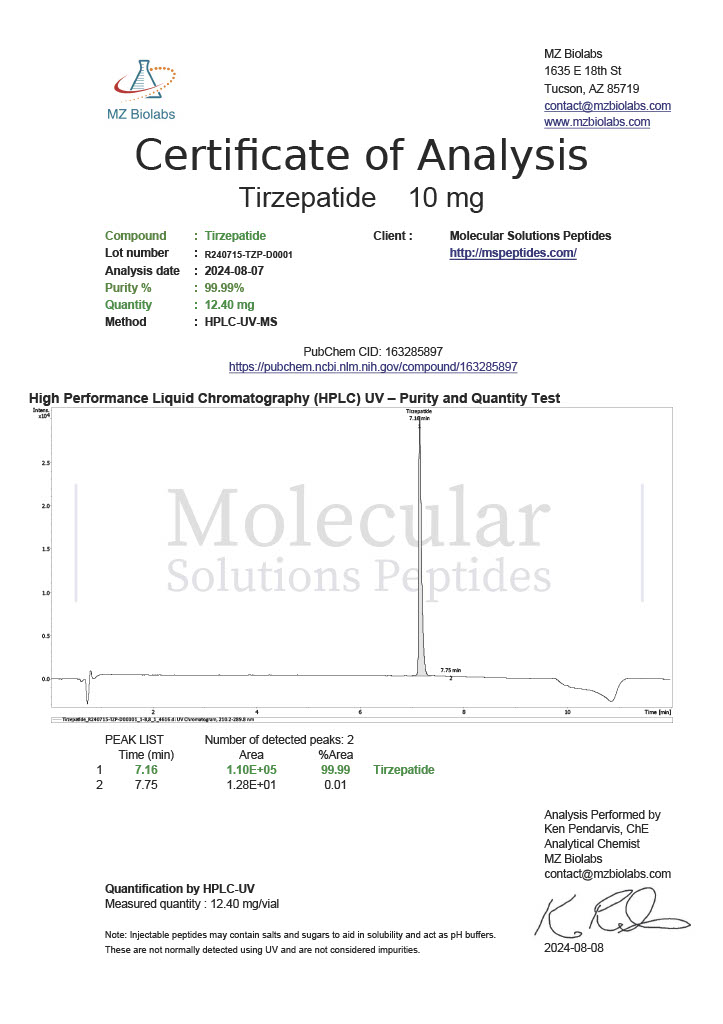Peptide Safety and Usage: A Comprehensive Guide
Peptides are becoming increasingly popular for research, wellness, and therapeutic purposes due to their potential benefits in various areas, such as fitness, anti-aging, and cognitive function. However, as with any bioactive compounds, ensuring their safe use is essential. Here, we’ll discuss key precautions, recommended dosages, and potential side effects when using peptides for research or wellness.
What are Peptides?
Peptides are short chains of amino acids, the building blocks of proteins. Due to their smaller size, peptides can be easily absorbed into the body, making them highly effective for specific biological interactions. They have been used in various fields, including medicine, fitness, and cosmetic treatments.
Safety Considerations
When using peptides, safety should always be a top priority. Although peptides can offer significant benefits, improper usage can lead to unintended side effects. To minimize risks, follow these safety guidelines:
- Consult with a Healthcare Professional: Before starting any peptide regimen, especially if you are considering them for wellness or performance enhancement, it’s crucial to consult with a healthcare provider. They can provide guidance on which peptides are most appropriate for your needs and ensure there are no contraindications with other medications or health conditions.
- Use Peptides from Reputable Sources: Since the peptide market is largely unregulated, it’s important to obtain peptides from trusted suppliers who provide third-party testing to ensure purity and quality. Contaminants or unverified peptides may cause adverse reactions.
- Follow Recommended Dosages: Peptides are typically potent and effective at low doses. Always adhere to the recommended dosage, as overuse or incorrect dosages may result in side effects or reduced effectiveness. Start with a lower dose to assess how your body reacts.
- Proper Storage: Peptides often require specific storage conditions, such as refrigeration or protection from light, to maintain their potency and stability. Ensure that you store peptides according to the manufacturer’s guidelines to avoid degradation.
Common Peptide Usage Areas
- Fitness and Performance: Peptides are frequently used to enhance muscle recovery, promote fat loss, and boost overall athletic performance. For example, growth hormone-releasing peptides (GHRPs) stimulate the release of growth hormone, which can aid in muscle growth and recovery.
- Anti-Aging and Skin Health: Certain peptides, such as collagen peptides, are used to support skin health, reducing the appearance of wrinkles and improving skin elasticity. These peptides help stimulate collagen production, which naturally decreases with age.
- Cognitive Function: Some peptides are being researched for their potential cognitive-enhancing effects, such as improving memory, focus, and overall mental clarity.
Potential Side Effects of Peptides
While peptides can offer numerous benefits, there are some potential side effects associated with their use. These can vary based on the peptide type, dosage, and individual response:
- Injection Site Reactions: If using injectable peptides, you may experience redness, swelling, or irritation at the injection site.
- Hormonal Imbalances: Some peptides that influence hormone levels, like GHRPs, may cause fluctuations in blood sugar, cortisol, or thyroid hormone levels if used improperly.
- Water Retention: Certain peptides may cause fluid retention, which can lead to bloating or weight gain.
- Allergic Reactions: Though rare, some individuals may have an allergic reaction to specific peptides, leading to symptoms like itching, rash, or difficulty breathing.
- Overstimulation of the Immune System: Some peptides, particularly those used for immune support, may overstimulate the immune system, potentially causing autoimmune reactions in susceptible individuals.
Recommendations for Safe Peptide Usage
- Start Low, Go Slow: Begin with a low dose and gradually increase it to avoid overwhelming your body or experiencing unwanted side effects.
- Monitor Your Health: Regularly check in with your healthcare provider while using peptides to ensure that you are responding well and to monitor for any potential side effects.
- Educate Yourself: Before using peptides, take time to research their specific functions, applications, and safety precautions. Understanding how each peptide works will help you make informed decisions about its usage.
Conclusion: Safe Peptide Use for Optimal Benefits
Peptides hold great promise for improving health, wellness, and performance. However, their safe usage is paramount to avoid adverse reactions and to ensure you get the most out of these bioactive compounds. Always prioritize consulting with a healthcare provider, following recommended dosages, and purchasing peptides from reputable sources. By adhering to safety guidelines, you can experience the potential benefits peptides have to offer in a safe and effective manner.
Explore our range of high-quality peptides for research and wellness. Always prioritize safety and proper usage to unlock the full potential of peptides!

